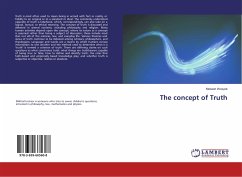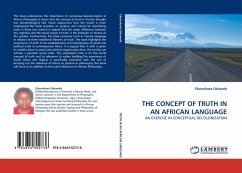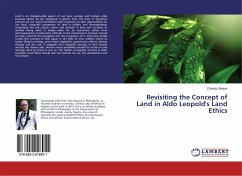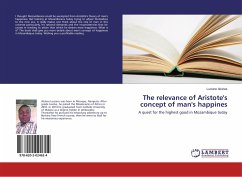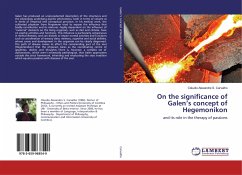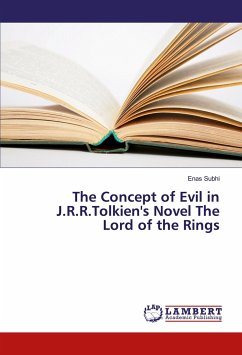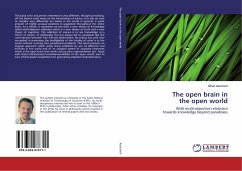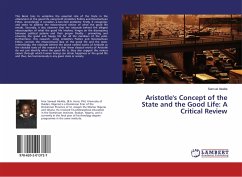Truth is most often used to mean being in accord with fact or reality, or fidelity to an original or to a standard or ideal. The commonly understood opposite of truth is falsehood, which, correspondingly, can also take on a logical, factual, or ethical meaning. The concept of truth is discussed and debated in several contexts, including philosophy and religion. Many human activities depend upon the concept, where its nature as a concept is assumed rather than being a subject of discussion; these include most (but not all) of the sciences, law, and everyday life. Various theories and views of truth continue to be debated among scholars, philosophers, and theologians. Language and words are a means by which humans convey information to one another and the method used to determine what is a "truth" is termed a criterion of truth. There are differing claims on such questions as what constitutes truth: what things are truthbearers capable of being true or false; how to define and identify truth; the roles that faith-based and empirically based knowledge play; and whether truth is subjective or objective, relative or absolute.
Bitte wählen Sie Ihr Anliegen aus.
Rechnungen
Retourenschein anfordern
Bestellstatus
Storno

